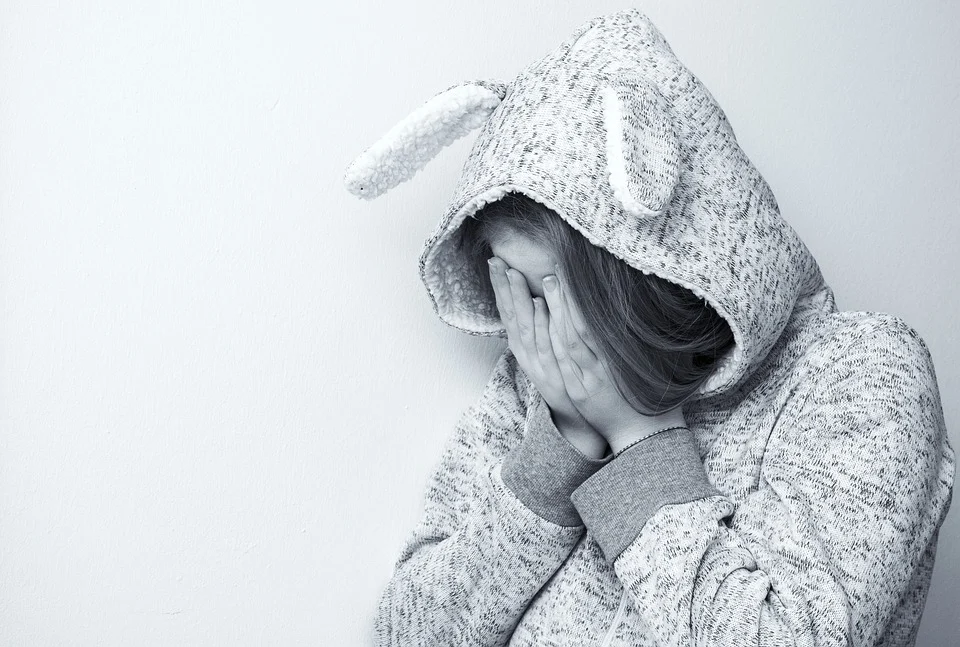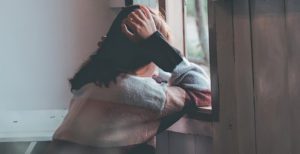
Get to know all the phobias developed after the pandemic
Surely you have met someone who, after the hardest months of the pandemic, was afraid to go out in the street again. It is normal. This has been one of the phobias that has increased the most in the last year. How to identify it? What do you need to know about it? What are its consequences? We explain it to you in MedVisit.
What is a phobia?
Is it very different from a fear? This is one of the most typical questions. And, to a certain extent, no. Clinically we can understand phobia as an anxiety disorder that is reproduced as a disproportionate and elevated fear of something (be it a disease, a situation, an object, etc.).
The interesting thing is that the patient himself understands that it is something irrational, i.e. he identifies that his prevention measures are disproportionate at certain times. However, he cannot stop applying them in his day-to-day life.
Many people relate it to fear, but these are different patterns of behavior. For example, think of fear as a natural response to real risk situations that you may encounter at any given time. Phobia, on the other hand, is an anxiety disorder in response to situations that do not always have to be potentially dangerous. That is why it is treated as a psychological problem and needs to be corrected.
The most common phobias during the pandemic
In the hardest months of confinement and confinement, and as a result of a situation of fear and paranoia, many people began to generate phobias. These are the most common phobias that you may have experienced or seen in people around you:
Haphephobia
It is defined as an irrational fear of any kind of physical contact with another person. Its origin is quite clear. The obsession with social distance in the early stages of deconfinement was absolute and has produced and encouraged attitudes of fear and rejection of any kind of contact with strangers.
To what extent can this be a problem in a person’s daily life? Well, the truth is that it has a certain gravity or complication. Think of the bus, a closed shop, a busy street or many other situations in which you are forced, yes or yes, to come into contact, however small it may be, with someone. All of these can be sources of panic and stress for that person.
Agoraphobia
Fear of open spaces is another of the most common anxiety disorders of late. Although, really, the reason for the anxiety here is how crowded these places can be. A movie theater, a shopping mall or a supermarket can be sources of stress for the person suffering from this disorder. You can also understand this problem as social anxiety.
Hipocondría
There is a difference to be made here. It is one thing to fear contagion and quite another to be a hypochondriac. In the second case, the person would not only take disproportionate protective measures, but would also believe that he/she feels the symptoms of the disease. Or simply, he/she thinks that he/she is passing COVID-19 by identifying a mild symptom, but without actually having the virus.
Why is an uncontrolled phobia so dangerous?
Suppose you suffer or suffer from one of the above phobias. What risks can they have for your mental health? The truth is that they are not few. On the one hand, your stress and anxiety level will skyrocket. But it also has an effect on your thinking and behavior.
Thus, you will be more easily drawn into negative thoughts. And in the same vein, it will be easy for you to escape from situations that cause you anxiety and, therefore, to limit your contacts or relationships.
When do you need help to control a phobia?
The simplest answer is that help is always needed in these cases. Think that this type of psychological anchors can weigh down social relationships and provoke toxic dynamics with the environment and with one’s own emotions.
Most commonly, if one suffers from any of the aforementioned phobias, hypervigilance of the environment is accentuated, self-esteem is undermined, social relationships are lost and, in general, anxiety levels soar. A situation can also be conducive to other manifestations, such as depression or sleep disorders.
For all these reasons, the best thing to do if you suffer from a phobia or if you know someone who does is to see a psychological specialist who can help you mitigate its symptoms until it is eliminated. Or if you prefer, contact one of our English-speaking doctors. Otherwise, it could become especially dangerous.
In short, the fear of going out in the street was one of the greatest fears that began to appear on a massive scale with the pandemic. Being a clear risk for mental health, it is important to ask for help and go to doctors in Barcelona who are specialized in this area. This is the only way to overcome it.

